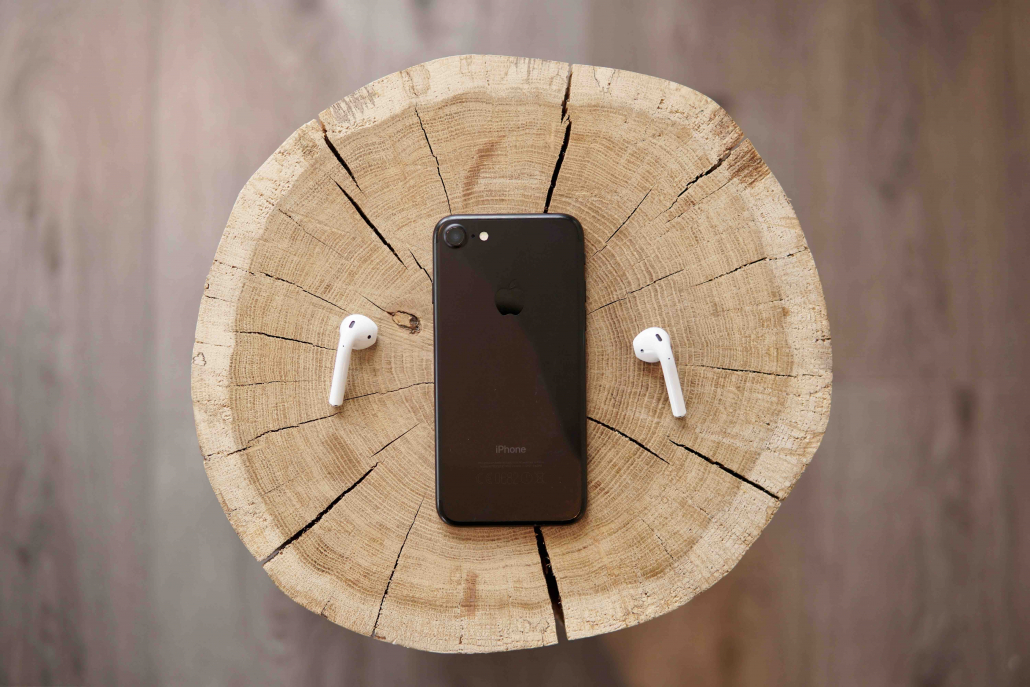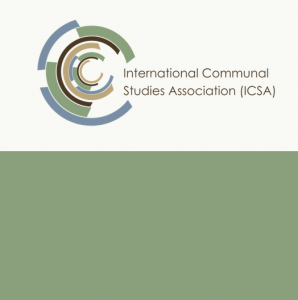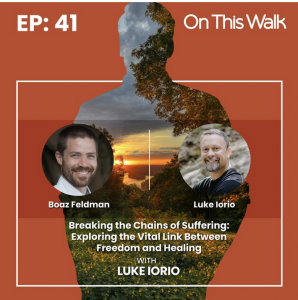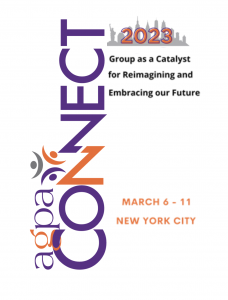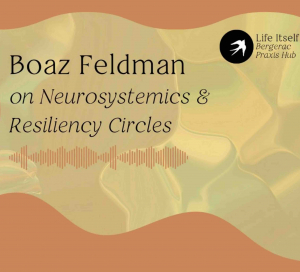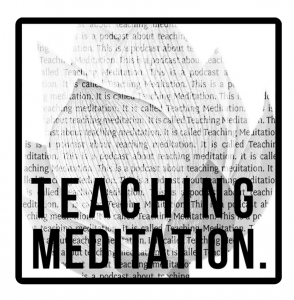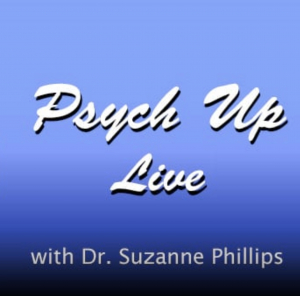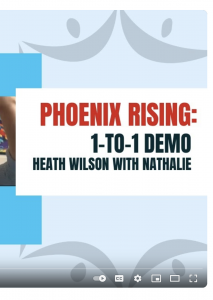.
.
Podcasts & Presentations
“Nervous System Approaches for Resilient Community Living”
How to support nervous system regulation when we are with others? It’s called co- regulation, and there’s a lot of empirical data telling us how it works and how to benefit from it. For example, the Social Baseline Theory propounds that when we feel safe in the company of others, neurobiologically we budget less bioenergetic resources to do the same tasks. In this presentation, we explore these themes, key takeaways and some exercises to build successful communities. (2024)
Breaking the chains of suffering
On This Walk, we dive deep into the theme of suffering and the freedom that comes from its alleviation. We explore the power of group work and social interaction in facilitating healing and growth, as well as the importance of somatic expression and co-regulation. We also discuss the societal and cultural factors that impact individual experiences of suffering and the role of group processes in addressing these patterns. (2023)
AGPA 2023 Annual Conference: Somatics in Group Process
Boaz Feldman innovates on ways to bring safety and harmony in gorup processses through somatic integration. Emphasizing the importance of non-verbal signals, explicitly noting positive interactions and asking questions about what makes people feel safe and unsafe are all hallmarks Boaz explores in this presentation. (2023)
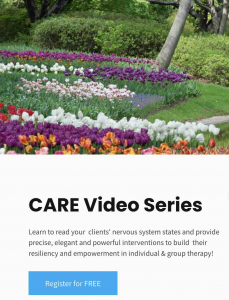
A Relational Embodiment Residency at Life Itself (France)
We discussed with Boaz Feldman the recent residency at Life itself Praxis Hub (France) organized by Neurosystemics. Our main question was focused on Resiliency Circles (RC’s): what are they and how are they organized, and why do they work? An RC is a powerful place of discovery, an invitation to step into the here and now with your full self in a container of safety, offers a unique environment to experience a safe, regulating and enjoyable relational space. One can formulate it simply as “Resiliency Circles are spaces to practice embodying ourselves in relationships”. (2023)
Learn NeuroSystemics Basics: Free CARE Video Series
In this introductory series, Boaz Feldman guides through some of the basic steps to start practicing regulation on your own nervous system. Secondly, learn to read your clients’ nervous system states and provide precise, elegant and powerful interventions to build their resiliency and empowerment in individual & group sessions! (2021)
Boaz Feldman talks with Upali from a multi-year meditation retreat and shares his personal journey of becoming a monk, returning to lay life, and becoming a psychologist. Boaz and Upali talk about the challenges and benefits of integrating ancient tradition in a modern world, and Boaz presents a framework that formulates that possibilty. To learn more about Boaz, please check out his website: http://boazfeldman.com/ (2021)
From Neurons To Nations: Regulating For The Benefit Of All Beings
Boaz Feldman is interviewed here on his multi-level approach to resilience, and the ways in which we need to consider mental health not just within our own minds, but also very much related to the types of social interactions we have and the quality of community we experience. This was an enthralling conversation that went from clinical psychology to community-based programs he led, and the importance of social onnection for personal and collective trauma healing. (2021)
“1:1 Embodiment Sessions Demonstration with Heath Wilson”
In this experiential demonstration, Heath Wilson shows how to navigate a Nathalie’s nervous system so that she can feel the depth of emotions, sensations and regulation that is available to her that day. This session is a wonderful focus on nervous system resiliency and how one can support clients to move from suffering to healing and joy. (2021)
“We need new Mental Health models”
At the Psych Open Day of Koç University, Boaz Feldman offers an enthusiastic lecture on current issues with today’s clinical practice. He emphasizes the need for positive psychologywhich focus on what’s right with people, working relationally which has shown to be the most important factor affecting mental health, and thinking about how society impacts our values and beliefs so the need to move beyond physiology and consider culture as a significant factor affecting mental health. (2021)

